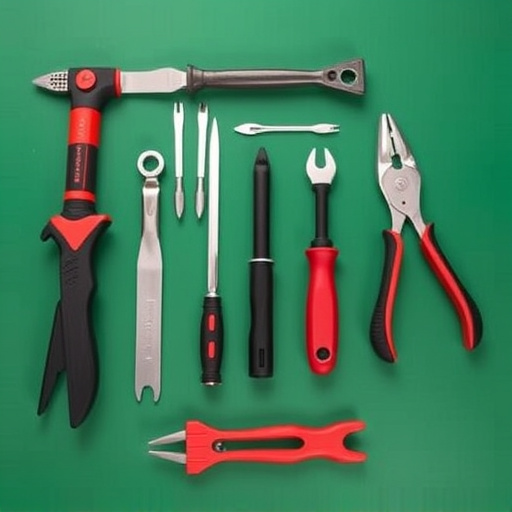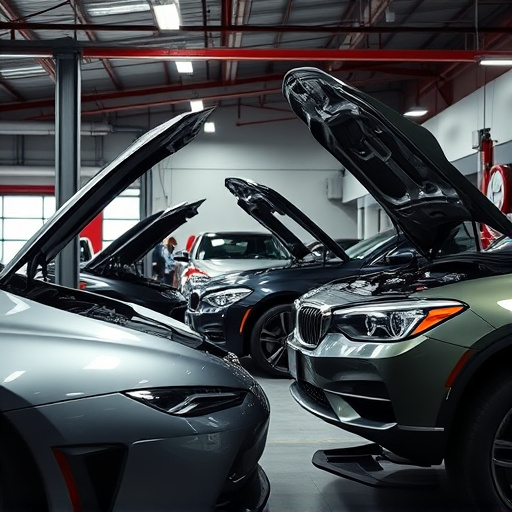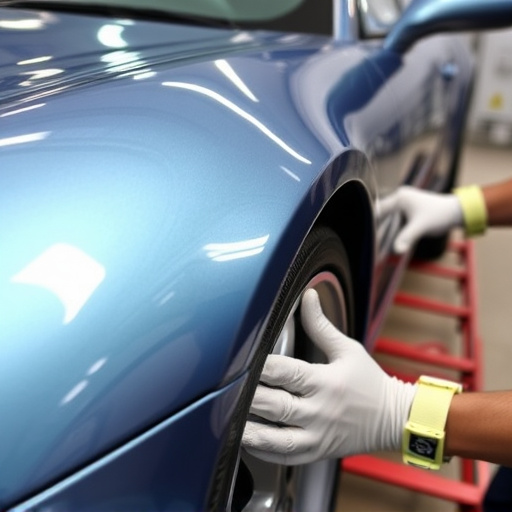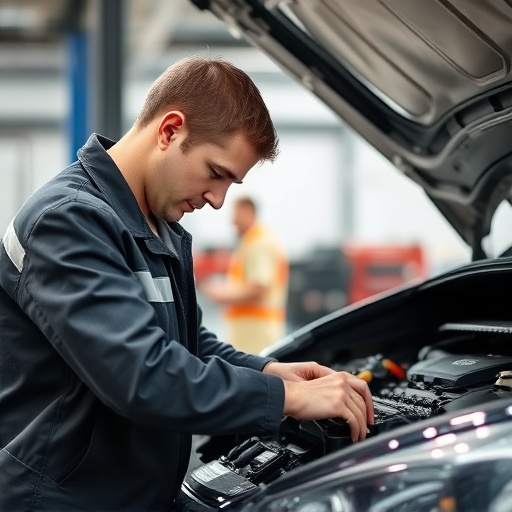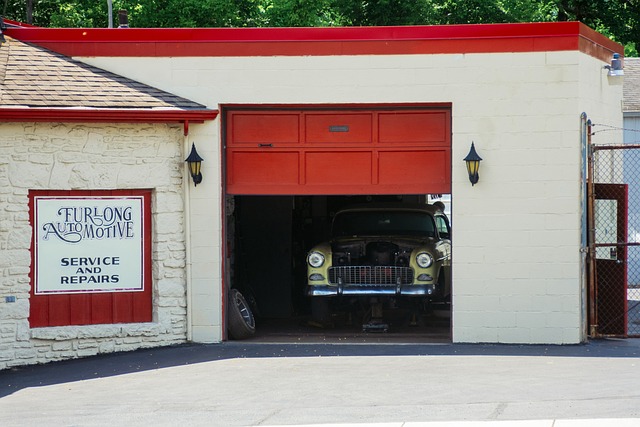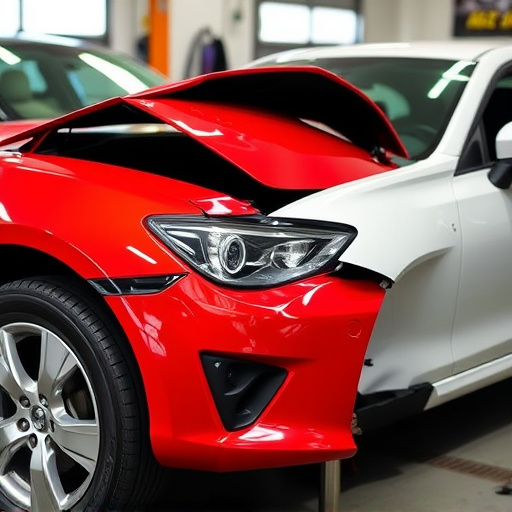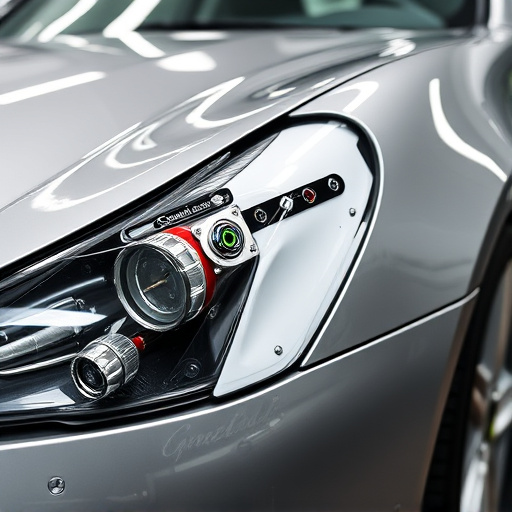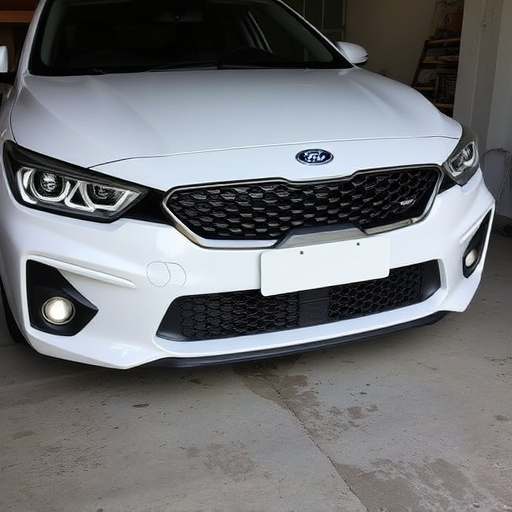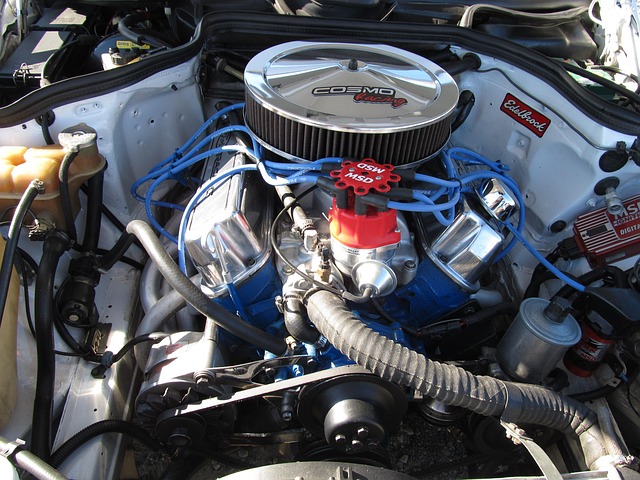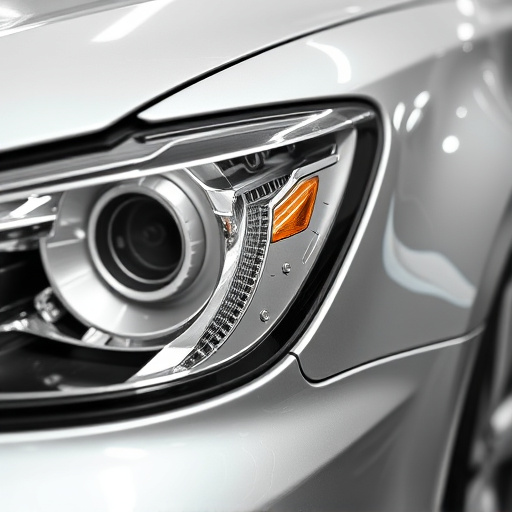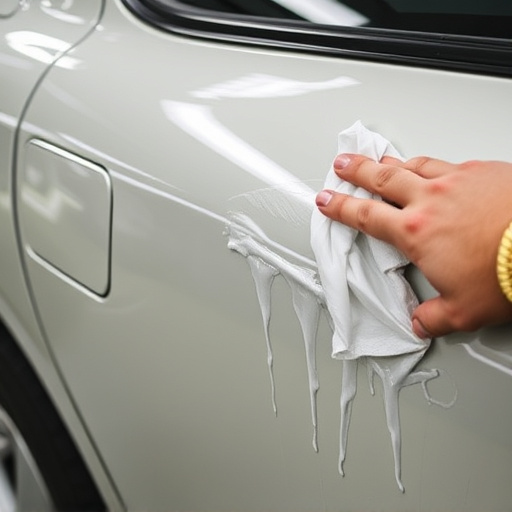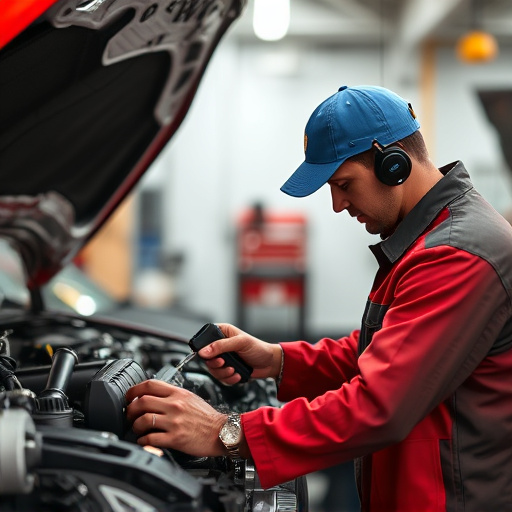Proper Mercedes ADAS calibration is vital after body repairs, ensuring advanced safety systems like adaptive cruise control and lane keeping assist function accurately and effectively by correcting sensor misalignments caused by bumper or grill reinstalation.
After reinstalling your Mercedes bumper or grill, a crucial step often overlooked is the requirement for a Mercedes ADAS calibration. Advanced Driver Assistance Systems (ADAS) rely on precise sensor alignment for optimal performance. Bumper or grill replacement can disrupt this alignment, leading to malfunctioning safety features like lane keeping and adaptive cruise control. This article explores why Mercedes ADAS calibration is essential post-reinstallation and details the process to ensure your vehicle’s safety and technology function seamlessly.
- Understanding Mercedes ADAS and Its Components
- Why Calibration is Essential After Bumper/Grill Reinstallation
- The Process of Mercedes ADAS Calibration
Understanding Mercedes ADAS and Its Components

Mercedes ADAS (Advanced Driver Assistance Systems) is a suite of cutting-edge safety technologies designed to enhance driving experience and reduce accidents. This sophisticated system incorporates various components such as cameras, radar sensors, lidar, and GPS to monitor the vehicle’s surroundings and provide critical data for active safety features. These features include adaptive cruise control, lane keeping assist, automatic emergency braking, and more.
Proper functioning of Mercedes ADAS heavily relies on accurate calibration after any modifications or repairs. When a bumper or grill is reinstalled following automotive restoration or collision repair at a reputable collision repair center, it’s crucial to ensure that the ADAS sensors are recalibrated to maintain optimal performance. This process ensures the system has an accurate understanding of its surroundings, enabling it to react swiftly and effectively in real-world driving conditions.
Why Calibration is Essential After Bumper/Grill Reinstallation

After reinstalling a bumper or grill on your Mercedes, proper Mercedes ADAS calibration becomes essential to ensure the safety and optimal performance of advanced driver-assistance systems (ADAS). These systems, designed to enhance driving experience and prevent accidents, rely on precise sensor data. Even minor misalignments during the installation process can disrupt this delicate balance, affecting crucial features like adaptive cruise control, lane-keeping assist, and automatic emergency braking.
Proper calibration ensures that these sensors are accurately calibrated to the vehicle’s new configuration, allowing them to function seamlessly with the updated exterior. Auto body services specializing in Mercedes repair understand the importance of post-reinstallation calibration, offering collision repair solutions that not only fix physical damage but also restore the car’s ADAS capabilities to their peak performance. This step is vital for both safety and the overall driving experience.
The Process of Mercedes ADAS Calibration

The process of Mercedes ADAS calibration is a complex yet vital step following any bumper or grill reinstatement. Once the physical repairs to your vehicle’s bodywork, including dent repair and auto glass replacement, are complete, the Advanced Driver Assistance Systems (ADAS) sensors require recalibration to ensure optimal performance. This involves sophisticated diagnostic tools that scan the system for any discrepancies and adjust settings accordingly. Technicians use specialized equipment to recalibrate each individual sensor, ensuring they accurately detect and respond to surroundings in real-time, just like new. This meticulous process guarantees that features like adaptive cruise control, lane keeping assist, and collision avoidance work seamlessly, enhancing both safety and driving experience.
Reinstalling a bumper or grill on your Mercedes requires careful consideration of Mercedes ADAS calibration. Without proper calibration, advanced driver-assistance systems (ADAS) like adaptive cruise control and lane-keeping assist may malfunction, compromising safety. Thus, it’s crucial to have your vehicle calibrated by a qualified technician to ensure optimal performance and reliability of these critical features.
